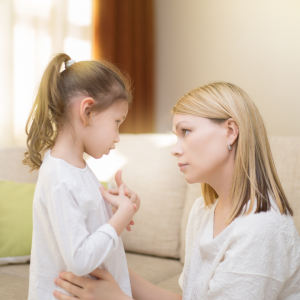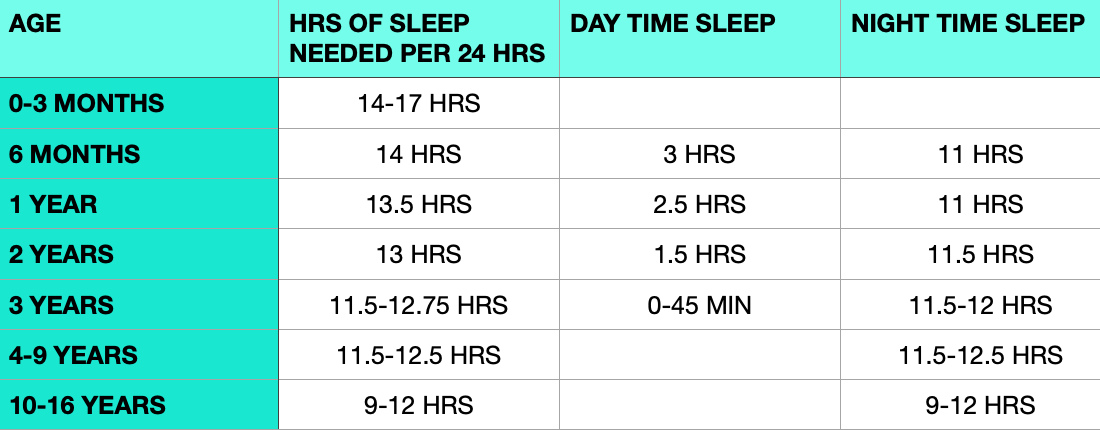 One of the most common reasons why children visit our clinic is because of sleep problems. Sleep disturbed nights lead to unhappy days. A child who has not slept well may develop an array of other problems; emotional volatile, eating problems, more crying and often there is an increased need for attention.
One of the most common reasons why children visit our clinic is because of sleep problems. Sleep disturbed nights lead to unhappy days. A child who has not slept well may develop an array of other problems; emotional volatile, eating problems, more crying and often there is an increased need for attention.
It is really hard for a child who is consistently not sleeping well to thrive. Their immune system may suffer and they are prone to picking up infections.
A child that doesn’t sleep well also has a great effect on the parents. They often despair of getting an unbroken night’s sleep again. Their health and mood often suffer. Parents realise that their child is not sleeping badly ‘on purpose’ however the parent-child relationship may also be impacted. Therefore there is a huge incentive for the whole family that a child sleeps well.
Why does a child not sleep well?
Sometimes a sleep disturbance is the primary problem and it can create other imbalances as the lack of sleep has an effect on the body and mind of the child. However it can also happen that the sleeping problems are a manifestation of an underlying imbalance. It is therefore really important to look at the child and their life as a whole and find out the root of the problem.
What is the purpose of sleep in children?
Sleep seems like a period of inactivity, however nothing is further from the truth. There is a lot going on during the sleeping hours:
- Processing and storing of information taken in during the day.
- Muscle growth.
- Synthesising of hormones.
- Tissue repair.
- Reduction of inflammation.
- Debris is being cleared from the brain.
What happens if a child doesn’t get enough sleep?
- A tired child is often miserable and creates misery.
- Lack of sleep profoundly effects the maturing brain.
- Sleep impacts on the physical, psychological and emotional development of the child.
- Lack of sleep has been linked to a wide range of conditions, such as ADHD, obesity, diabetes, depression and anxiety.
- The importance of sleep during adolescence cannot be overstated.
How much sleep does your child need?
The hours in the following table are just guidelines. Every baby and child is unique and some have different sleep needs. However, if a child is getting a wildly different number of hours sleep from the average, it might indicate a pathology.
Approximate hours of sleep needed by babies and children at different ages:

Matters to consider:
What goes on in the household in the evening?
Evening times maybe stressful in a household with young children and tired parents. Nobody is at their best and parents maybe short of patience. If the energy is frenetic, this may impact the child’s ability to drop off to sleep.
Is the child struggling to separate from his primary care giver to an age-appropriate level?
If the child wakes primarily because he needs contact with a parent, it may be that they are not getting what they feel to be enough contact during the day. Close contact with a parent just before bedtime can help.
Is the child overstimulated and unable to wind down enough to sleep?
Too many activities and too little downtime may cause a child to be over-adrenalised and therefore unable to fall asleep. Making adjustments to the child’s lifestyle is usually crucial.
What is the child or teenager doing in the hours before bedtime?
Studying right up until bedtime may disrupt a child’s sleep. If a child is using social media right up until they go to bed, this may also interfere with sleep.
Being on a screen of some kind, and especially playing fast-action video games, may also prove too stimulating for some children just before bedtime.
How to improve your child’s sleep?
As noted before, to get enough, good quality sleep is of utmost importance for the child’s health and wellbeing. It is also crucial for a harmonious family life. So if your child is having sleeping trouble, don’t hesitate to seek some help.
 Here at Natural Solutions, Marieke is experienced in helping your child sleep better.
Here at Natural Solutions, Marieke is experienced in helping your child sleep better.
Chinese Medicine is enormously well suited to treat sleep problems in children. The stumbling block is often the perception that most children will not tolerate needles but in actual fact most will tolerate it when it is approached in the right way.
Apart from that, the Chinese medicine practitioner has many other modalities available. They can use acupressure or meridian massage (Tui Na), a laser pen or a technique called Shonishin (a gentle, non-insertion style of Japanese acupuncture).
If you’d like to make a booking to help your child sleep better you can do so here or you can give us a call on 0414 067 874.

